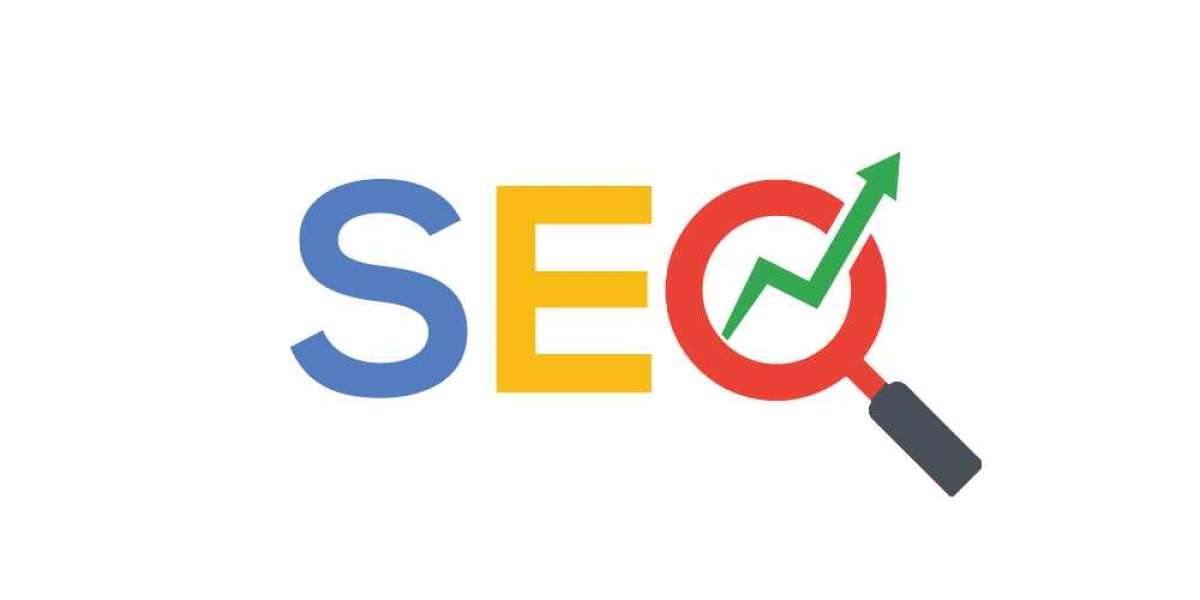1. Introduction to Full Stack Development
Full stack development refers to the process of designing, developing, and maintaining web applications that encompass both the front-end and back-end components. A full stack developer is proficient in working with both the client-side and server-side technologies, allowing them to handle various aspects of web development.
2. A Full Stack Developer's Position Summary
A full stack developer specializes in using the .NET framework for building web applications. They are responsible for handling the entire web development process, from designing the user interface to managing the server-side logic and database interactions. With their expertise in both front-end and back-end technologies, full stack developers can seamlessly integrate different components to create robust and efficient web applications.
3. Understanding .NET Framework
The .NET framework is a widely-used platform for developing web applications, and it provides a comprehensive set of tools and libraries that streamline the development process. As a full stack developer, it is essential to have a solid understanding of the .NET framework and its various components, such as ASP.NET, MVC, and Entity Framework.
4. Essential Skills for Full Stack .NET Developers
To excel as a full stack developer, several key skills are necessary. Let's examine each of these abilities in more detail.
- HTML, CSS, and JavaScript
Proficiency in front-end technologies like HTML, CSS, and JavaScript is crucial for creating captivating user interfaces and responsive web designs. A full stack developer should be adept at translating design mockups into functional web pages using these languages.
- C# Programming Language
C# is the primary programming language used in .NET development. Having a strong grasp of C# is essential for implementing server-side logic, managing data, and creating scalable web applications.
- ASP.NET and MVC Framework
ASP.NET is a powerful web development framework within the .NET ecosystem. Understanding the concepts of Model-View-Controller (MVC) architecture and working with ASP.NET MVC framework enables full stack developers to build modular and maintainable web applications.
- Databases and SQL
Full stack developers should be proficient in working with databases and writing SQL queries. Knowledge of database management systems like Microsoft SQL Server is essential for storing and retrieving data from web applications.
- Version Control Systems
Version control systems like Git allow developers to manage and track changes in their codebase. Familiarity with version control systems is vital for collaborative development and maintaining code integrity.
- Web APIs and Services
Understanding how to create and consume web APIs and services is crucial for integrating different components of a web application. Full stack .NET developers should be able to develop and interact with APIs using technologies like REST and SOAP.
- Testing and Debugging
Thorough testing and debugging are essential for ensuring the quality and functionality of web applications. Full stack developers should be proficient in using testing frameworks and tools to identify and resolve issues in their code.
- Deployment and Hosting
Knowing how to deploy web applications to servers and configure hosting environments is a valuable skill for full stack .NET developers. Understanding concepts like web servers, domain management, and cloud platforms enables them to make their applications accessible to users.
5. Full Stack Developer Training Programs
There are several avenues to acquire the necessary skills for becoming a full stack developer. Here are some popular training programs:
- Online Courses and Tutorials
Numerous online platforms offer comprehensive courses and tutorials on full stack development with a focus on .NET. These resources provide structured learning paths and hands-on exercises to help you grasp the concepts and gain practical experience.
- Bootcamps and Coding Schools
Bootcamps and coding schools offer immersive and intensive training programs that focus on equipping you with the skills needed for a career in full stack development. These programs often provide mentorship, real-world projects, and networking opportunities.
- Self-Study and Practice Projects
Self-study is another viable option for learning full stack .NET development. By leveraging online documentation, tutorials, and practice projects, you can gain proficiency at your own pace. Building personal projects allows you to apply your knowledge and create a portfolio.
6. Building a Strong Portfolio
As a full stack developer, having a strong portfolio of projects is essential to showcase your skills and attract potential employers or clients. Building a diverse range of web applications that highlight your ability to handle both front-end and back-end development will greatly enhance your credibility.
7. Career Opportunities for Full Stack Developers
The demand for full stack .NET developers is continuously growing in various industries. With your skills and expertise, you can pursue exciting career opportunities such as:
- Web Developer
- Software Engineer
- Full Stack Developer
- Application Developer
- Front-end Developer
- Back-end Developer
8. Conclusion
Becoming a full stack .NET developer requires a combination of technical skills, practical full stack developer training, experience, and a passion for web development. By mastering front-end and back-end technologies, understanding the .NET framework, and building a strong portfolio, you can embark on a rewarding career in full stack development.
---
FAQs
Q1. How long does it take to become a full stack developer?
A1. The time required to become a full stack developer varies depending on your prior experience and the training path you choose. It can take several months to a year to acquire the necessary skills and gain practical expertise.
Q2. Can I become a full stack developer without a computer science degree?
A2. Yes, a computer science degree is not a mandatory requirement for becoming a full stack developer. Many professionals acquire the necessary skills through self-study, online courses, bootcamps, or coding schools.
Q3. Is full stack development in demand?
A3. Yes, full stack development is in high demand as it offers the advantage of working on both the front-end and back-end components of web applications. Companies often seek full stack developers who can handle various aspects of development efficiently.
Q4. What are the benefits of using .NET framework for web development?
A4. The .NET framework provides a robust and comprehensive platform for web development. It offers a wide range of tools, libraries, and frameworks that simplify development tasks, enhance productivity, and enable seamless integration between different components.
Q5. How can I keep up with the latest trends and technologies in full stack .NET development?
A5. Staying updated with the latest trends and technologies in full stack .NET development requires continuous learning. Engaging in online communities, attending webinars and conferences, and following industry-leading blogs and publications can help you stay abreast of the latest advancements.







